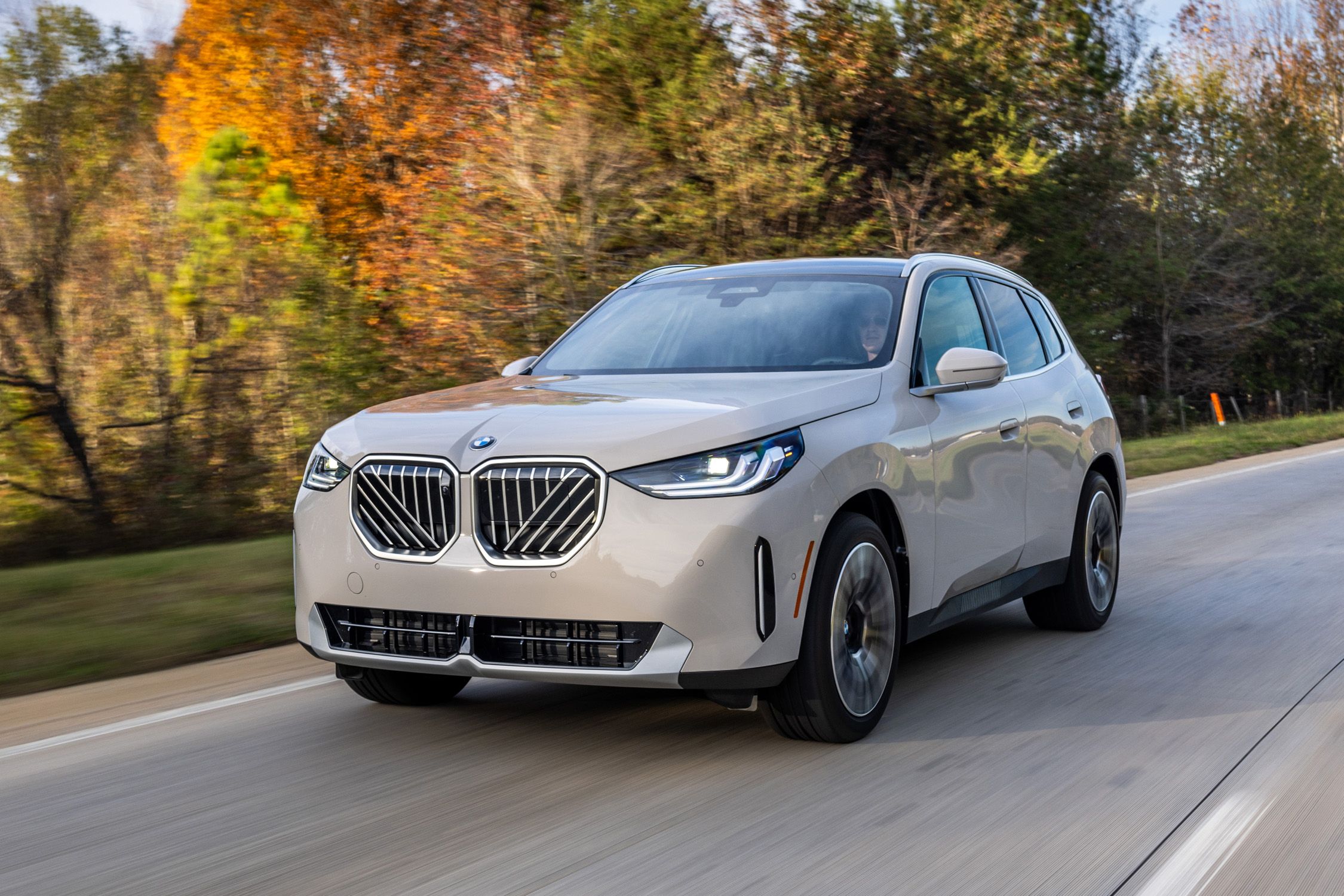Navigating Car Insurance Requirements in New York: What You Need to Know
Minimum Car Insurance Requirements in New York
New York mandates all drivers to carry liability insurance, Personal Injury Protection (PIP), and uninsured/underinsured motorist coverage (UM/UIM). The minimum limits are:
- Liability Insurance:
- $25,000 for bodily injury per person.
- $50,000 for total bodily injury per accident.
- $10,000 for property damage (often abbreviated as 25/50/10).
- PIP (No-Fault Insurance): Minimum $50,000 per person for medical expenses, lost wages, and essential services, regardless of fault.
- UM/UIM: Must match your liability limits ($25,000/$50,000).
Penalties for Non-Compliance
Driving without insurance in New York carries severe repercussions:
- Fines ranging from $150 to $1,500.
- License and registration suspension for one year.
- Vehicle impoundment and reinstatement fees.
- Requirement to file an SR-22 certificate (proof of financial responsibility) for three years.
Understanding New York’s No-Fault Insurance System
New York operates under a no-fault insurance model, meaning your PIP coverage handles your medical costs after an accident, irrespective of fault. This system aims to expedite claims and reduce litigation.
- Exceptions: Lawsuits are allowed if injuries meet the “serious injury” threshold, such as fractures, permanent disfigurement, or significant disability.
- Coordinated Benefits: PIP can supplement health insurance, but coordination rules vary. Notify both insurers to avoid claim conflicts.
Liability Insurance: Protecting Others
Liability coverage pays for injuries or property damage you cause to others. New York’s minimums ($25,000 per person / $50,000 per accident) are often insufficient for severe crashes.
- Recommended Coverage: Increase limits to 100/300/100 or higher. Excess liability (“umbrella”) policies offer additional protection.
- Property Damage Liability: Covers repairs to others’ vehicles or property (e.g., fences, buildings).
Uninsured/Underinsured Motorist (UM/UIM) Coverage
UM/UIM protects you if hit by an uninsured driver or one with inadequate coverage.
- New York Requirements: UM/UIM must equal your liability limits.
- Supplemental UM/UIM (SUM): Optional coverage extends protection beyond the at-fault driver’s limits.
Optional Coverages Worth Considering
Enhance protection with these add-ons:
- Collision & Comprehensive: Covers vehicle damage from collisions, theft, vandalism, or natural disasters (required if leasing/financing).
- Rental Reimbursement: Pays for temporary transportation while your car is repaired.
- Roadside Assistance: Towing, locksmith services, or battery jumps.
- Gap Insurance: Covers the difference between your car’s value and loan balance if totaled.
Factors Impacting Insurance Costs in New York
Premiums vary based on:
- Location: Urban areas (e.g., NYC, Buffalo) have higher rates due to traffic density and theft risks.
- Driving Record: Accidents, DUIs, or speeding tickets increase premiums.
- Vehicle Type: Luxury cars, SUVs, and electric vehicles cost more to insure.
- Credit Score: New York prohibits using credit scores to set rates—unlike most states.
- Age & Experience: Drivers under 25 pay higher premiums.
Discounts to Lower Premiums
Take advantage of:
- Multi-Policy Discount: Bundle auto with home/renters insurance.
- Safe Driver Discount: For accident-free records (three years or more).
- Good Student Discount: Full-time students with a B average or higher.
- Defensive Driving Course: Completing approved courses (e.g., AAA) saves up to 10%.
- Safety Features: Anti-lock brakes, airbags, and anti-theft systems reduce rates.
Shopping for Car Insurance in New York
Use these strategies to find affordable, reliable coverage:
- Compare Quotes: Prices vary widely—get quotes from at least three insurers every six months.
- Check Insurer Reputation: Analyze financial strength (AM Best ratings) and customer service (J.D. Power scores).
- Work with an Independent Agent: They compare policies from multiple carriers at no extra cost.
- Digital Tools: Use apps like The Zebra or Jerry for real-time rate comparisons.
Special Considerations for New York Drivers
- Rideshare Insurance: Uber/Lyft drivers need endorsements for commercial coverage during app use.
- Non-Owner Policies: Required if you frequently rent or borrow cars.
- Leased/Financed Vehicles: Lenders typically require collision/comprehensive coverage with low deductibles.
- Green Vehicles: EVs may qualify for unique discounts (e.g., through NYSERDA).
- Classic Cars: Specialty insurers offer agreed-value policies for vintage models.
Filing a Claim in New York
Follow these steps if you’re in an accident:
- Report to Police: Required for injuries or property damage exceeding $1,000.
- Notify Your Insurer ASAP: Delays can lead to claim denials.
- Submit Evidence: Photos, witness statements, medical bills, and repair estimates.
- Appealing Denied Claims: Request a written explanation. The NY DFS accepts consumer complaints if disputes arise.
